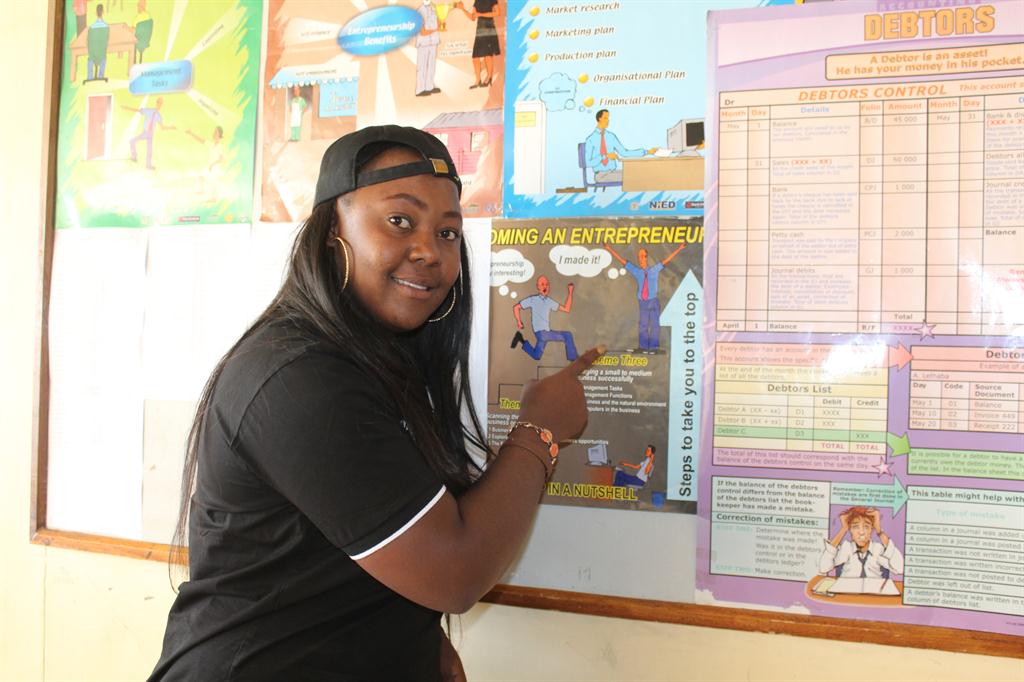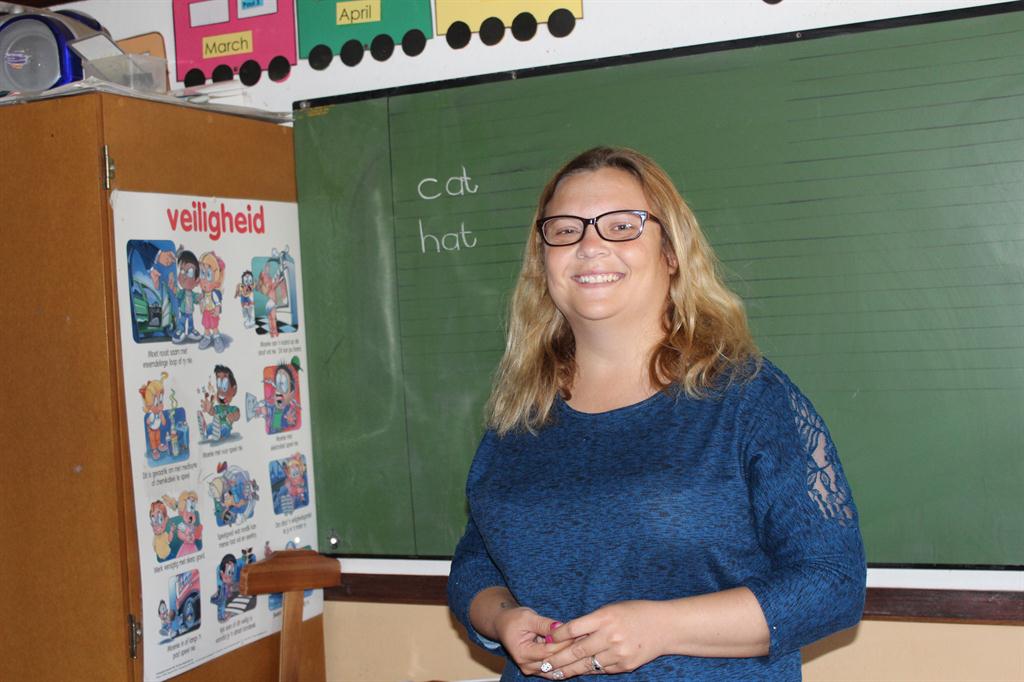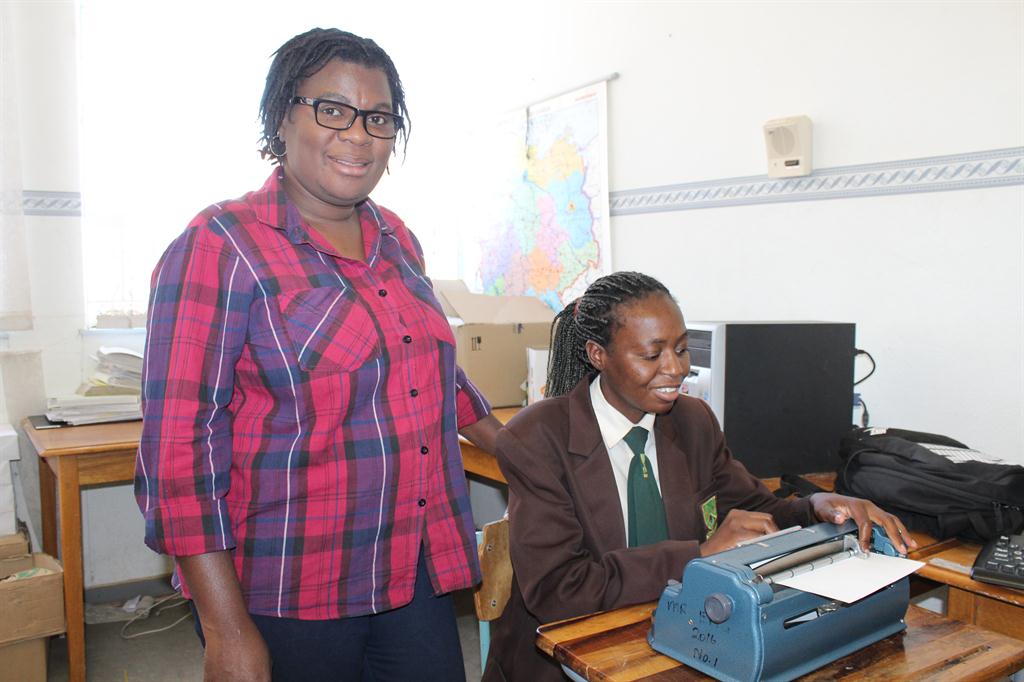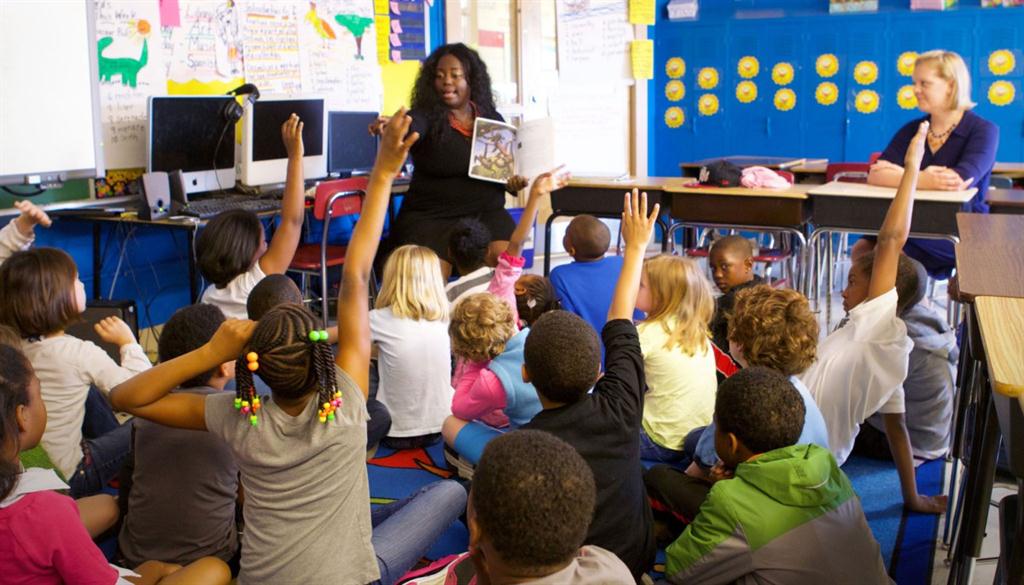Celebrating our teachers
Celebrated on 5 October annually, World Teachers’ Day celebrates one of the oldest professions. The Zone spoke to three teachers, who are working towards polishing the greatness within their learners.
Tunohole MungobaGreat teachers produce great learners and future leaders. The Zone spoke to three such educators.
Johanna Loit
Johanna Loit is an entrepreneurship and accounting teacher at Acacia High School.
Her initial career choice was accounting. After realising there was a deficiency of commerce teachers, Loit decided to become an educator.
“Since I wanted to be an accountant, I decided that I could study education and specialise in the commerce fields. The lack of these teachers is what inspired me to become an educator,” she said.
“Entrepreneurship is not only important as a means of living, but also as a subject. Entrepreneurship is important for job creation. We as teachers inform our learners that not all of them will be employed, so they need to make sure they create jobs, not only for themselves, but for others as well.”
Loit said entrepreneurs meet government halfway, by generating products the country does not have.
“Being an entrepreneur also brings independence in one’s life.”
After completing her studies in 2011 at Unam, Loit said she experienced a number of challenges, including a lack of motivation and vision amongst learners.
“Before we can teach these learners, we first have to inspire them. We have to make them see the importance of education,” she said.
In addition to that, the lack of parental involvement in their children’s education is also a major challenge.
“In the case of my learners… parents do not want to contribute to them having a stall, for example,” she said.
Loit has managed to single-handily organise her school’s entrepreneurship day and also invites businessmen and women to deliver motivational talks to the learners.
According to Loit, children are not likely to take up entrepreneurship as a means of earning a living, because they are uninspired and that is why she took it upon herself to change the status quo.
“When children reach grade 11, they do not want to venture into commercial fields, because they seem underrated. They would much rather follow their friends and choose other fields like science,” she said. “As an entrepreneur myself, children are not motivated to become entrepreneurs, because they do not see any successful ones. That is why most children turn to working an eight-to-five job.
She explained to The Zone that having an entrepreneurship day is important, because the learners finally get to put into practise what they have been taught all year.
During her five years of teaching, Loit says her biggest highlight was in 2016, when she improved the marks of entrepreneurship learners in the Junior Secondary Certificate (JSC) exams to achieve a 69% pass rate.
Loit encouraged her fellow teachers to be patient.
“It is not an easy profession and all children come from different backgrounds. We have to deal with ill-disciplined children and the only thing we are left with is patience,” she said.
She also encouraged learners to take up the teaching profession, as it can open a number of doors.
Chriszell Louw
Chriszell Louw is a 31-year-old special educator and boccia coach at Dagbreek School, for those with special needs.
Louw has been a teacher there for the past five years.
She is also a qualified boccia referee, which is a first for Namibia.
Boccia is a precision ball sport related to bowls, for people in wheelchairs.
“I have always wanted to work with children. It has always been a passion of mine, so it was a dream come true,” she said.
After getting attaining her education diploma at Unam, Louw started teaching at a mainstream school in 2012. According to her, she did not enjoy this, as it was not fulfilling enough.
“It is not as satisfying as when you teach children with special needs. You can see them grow in so many different areas, whereas the ‘normal’ children only grow academically and that’s it,” she said.
In 2013, she decided to take a chance and applied for a teaching post at Dagbreek School. Although she struggled to adjust in the beginning, she enjoyed every minute of it.
“It was definitely not what I expected. I had to change my teaching methods and also my way of thinking, because special needs children require more attention.”
She was introduced to boccia in 2015, after starting with basic training to be an ambassador for the sport. “I decided to take a few children in wheelchairs from Dagbreek and we started practising. In 2017, we participated for the first time in national games in South Africa, and although we did not win, I can genuinely say it was a good experience for both the children and me,” she said.
Louw said the main challenge she experiences while teaching at a special needs school is a lack of parental involvement.
“Sometimes you teach something at school and you would ask the parents to make sure that the children understand before moving on, and they do not try to do this. This is very frustrating because you want to avoid starting over,” she said.
Another challenge is society’s lack of involvement and help, as “some people are not interested or too scared to get involved”.
“My advice to parents with special children is not to give up on them. There is a whole community of parents raising children with special needs and there is a whole network of people who are willing to help you. There is always a way.”
Maria Toivo
Maria Toivo is a visually-impaired coordinator at Windhoek Technical High School.
Toivo is one of a few qualified visually-impaired teachers in Namibia and has been in the profession for 17 years.
“I love working with these children because they are so motivated. They inspire me as well, as sight is one of the senses we take for granted,” she said.
Her journey started in 2002 at the Visually-Impaired School in Khomasdal, Windhoek.
Toivo says the school and the entire visually-impaired fraternity suffer from a lack of equipment and textbooks.
“Prescribed braille textbooks are very expensive, and thus learners have to share,” she said.
Her greatest joy during her 17 years of teaching was completing the braille course.
Toivo is qualified to read and write braille.
“This has assisted me a lot during my teaching, as I can help out my learners where they do not understand.”
Toivo advises teachers to always be passionate about what they do.
“Love your profession, because that is what gives you joy at the end of the day.”











Comments
My Zone
No comments have been left on this article